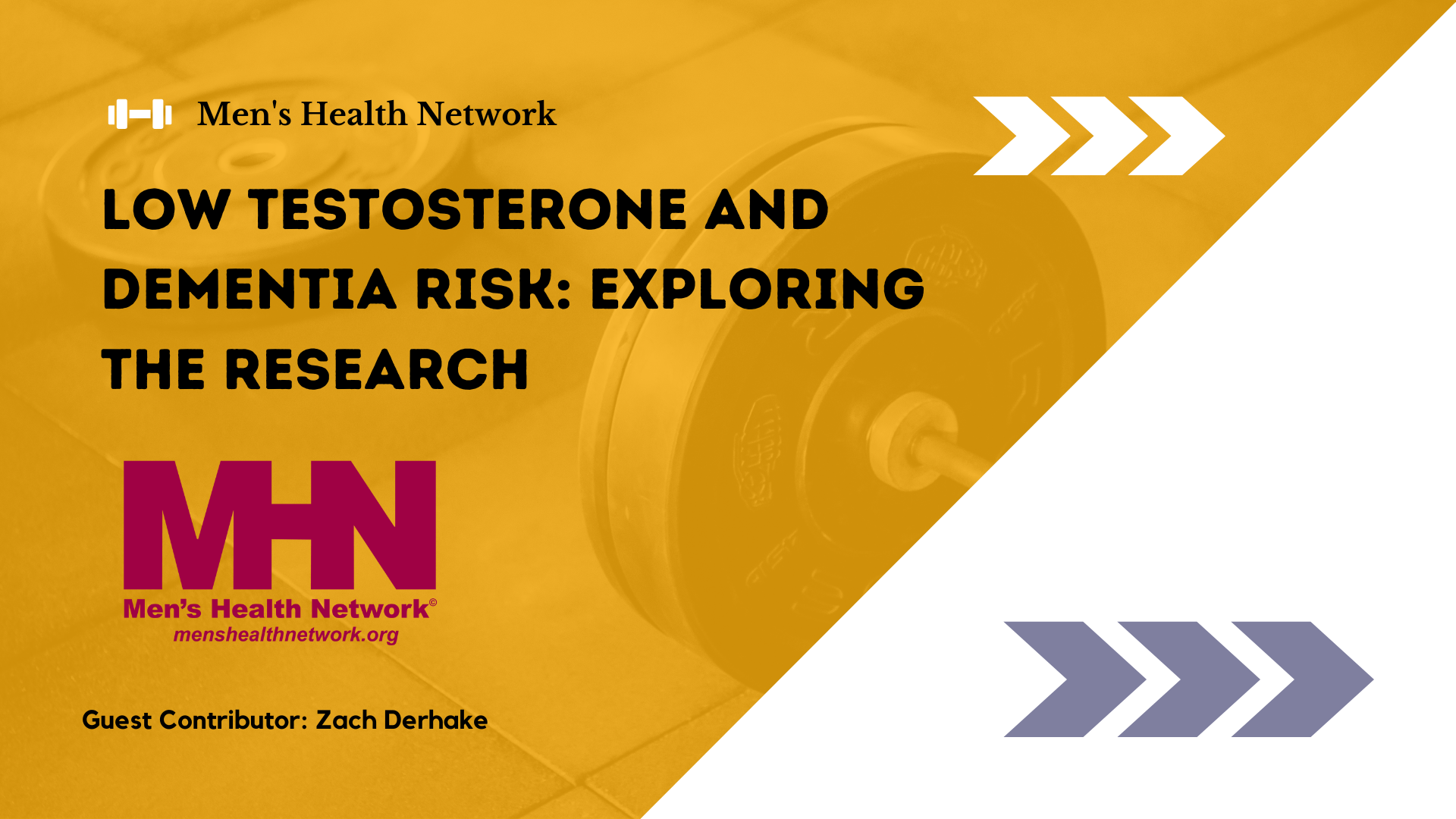As a professional football player, Dominique Easley (defensive tackle for New England Patriots) is used to being in pain. But his sister, Destinee, wasn’t. When she was 11, she developed fibromyalgia, a condition that affects more than 12 million Americans. It causes muscle or skeletal pain throughout the body, as well as exhaustion, problems with memory, sleep disturbances, anxiety, depression and other even psychological issues. “It’s not a disease you can see,” says Destinee, now 16. “It disrupts everything, from watching TV and bathing yourself to your social life.”
There is no cure for fibromyalgia (sometimes called fibromyalgia syndrome, fibromyositis, or fibrositis) and experts aren’t even completely sure what causes it.
The symptoms come and go almost randomly, but when they’re present they can be debilitating. His sister’s pain wasn’t lost on Dominique. “Watching her go through so much pain and seeing how much it affected her life moved me,” he says. Wanting to do something to help, he started a foundation to work towards a cure.
A number of foundations and research institutions are trying to find ways of helping fibromyalgia patients cope with their symptoms, with the ultimate goal of eliminating the disease. However, most of them are relying on traditional Western medical and pharmacological approaches. The FDA has approved several drugs (Cymbalta, Lyrica, and Savella) to treat nerve pain in fibromyalgia patients. And recent research has found that some antidepressant and antiepileptic drugs may be effective in reducing pain.
Non-medical approaches, such as moderately intense aerobic exercise, massage, hypnosis, acupuncture, chiropractic manipulation, and even maintaining a regular sleep schedule have all had some success in reducing the pain and other symptoms. Wanting to focus on these and other more natural options, the Easleys have partnered with Dr. Tad Sztykowski, the Founder and Medical Director of Centers for Integrative Medicine and Healing. Sztykowski has used a combination of Oriental Medicine modalities to successfully treat more than 5,000 patients with fibromyalgia.
Men as Caregivers
Most people who develop fibromyalgia are women between ages 25 and 60. In fact, women are 10 times more likely to get it than men. Because the symptoms can be so devastating, many men are finding themselves in the role of caregiver. And because the symptoms vary so much day to day and from person to person (some days Destinee is in a wheelchair, other days she can get around on her own), there is no one way to care for a loved one with fibromyalgia. That said, the most important thing men can do is keep their loved one comfortable and offer physical and mental support. It’s also important to help her exercise, get plenty of rest, lower her stress levels, and help her maintain as normal a schedule—and as positive and outlook—as possible.
For Destinee, what makes her happiest is hanging out with her friends and listening to music. “We’re moving forward,” she says. “I’ve always believed that we will be successful in the end.” A happy, healthy sister is the ultimate win for Dominique. “When I see that despite her pain, she’s going through this with a smile, I’m inspired.”
We are too.
For more information on the Easley’s foundation, visit https://www.easleysawareness.com/
And for additional information for male caregivers, visit Men’s Health Network, https://www.menshealthnetwork.org



